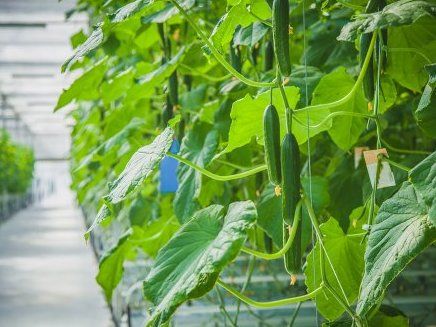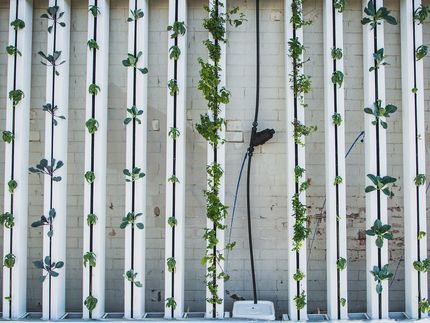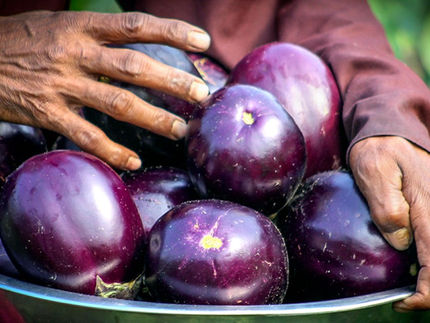International challenge of self-cultivating greenhouses
Advertisement
Wageningen University & Research organises international challenge, sponsored by Tencent to boost vegetable production using artificial intelligence and autonomous greenhouses to improve vegetable production. The challenge is sponsored by Tencent, a leading provider of internet services in China. The world is facing a rapid increase in human population and Wageningen University & Research is working with Tencent to explore breakthroughs that can help feed more people, deliver greater food security and create more food with fewer resources.

International challenge of self-cultivating greenhouses
Wageningen University
The challenge is open for multi-disciplinary teams from all over the world. Teams can subscribe from 19 March to 15 April at autonomousgreenhouses.com and can consist of people like scientists, R&D specialists and students, form different disciplines like artificial intelligence, sensor technology and crop physiology.
Teams may consist of specialists like scientists, R&D managers and students in fields like artificial intelligence, sensors and horticulture . The teams participating in the challenge will run a greenhouse compartment in which a computer and machine learning algorithms or computer models make all kind of decisions on distance with limited human interaction. .
Improving towards sustainable food production
In order to supply consumers with fresh products produced close to large cities, greenhouse production is a very efficient way to supply fresh vegetables and fruit with a high content of vitamins and minerals requiring only a small production area. Production in greenhouses is typically up to 10 times higher than in open field and uses much less water. Recent research results of Wageningen University & Research have shown that in extremely controlled greenhouses only 5 litres of water are used to produce 1 kilogram of tomatoes, while it would be up to 40 more litres in open field production. The controlled environment enables the reduction of pesticide use to a minimum and leads to the production of safe products without residues.
Computer outsmarts the grower
In the future even more greenhouses are needed to produce our food. For that the “green finger”, or the knowledge and experience of a grower, is essential. At the same time, it is hard to find enough skilled workers in many countries worldwide. Automation, ICT and AI can help the grower to oversee all the information needed and help to make complex decisions.
International teams
Tencent and Wageningen University & Research believe that autonomous greenhouses can boost vegetable production and bring greenhouse production to a next level. Autonomous greenhouses can bring further improvement to yield and quality of greenhouse vegetable crops and a substantial reduction of the needed input in terms like energy, water and crop protection at the same time.
Self-learning greenhouses
In autonomous greenhouses the computer will decide about the optimum greenhouse climate setpoints, based on a wide range of sensors and camera’s, self-learning software will partly take over human decisions. AI will help the grower to run the greenhouse in an optimal way, enable him to manage his greenhouses on a distance in various parts of the world.
The first part of the challenge will start in June to select the five best teams and will run May-December 2018. From August till the end of December, five selected teams will run their own crop in their own greenhouse compartment at the greenhouse facilities of Wageningen University & Research. The experts of Wageningen University & Research will monitor the results of the teams: resources input and crop production output.




























































